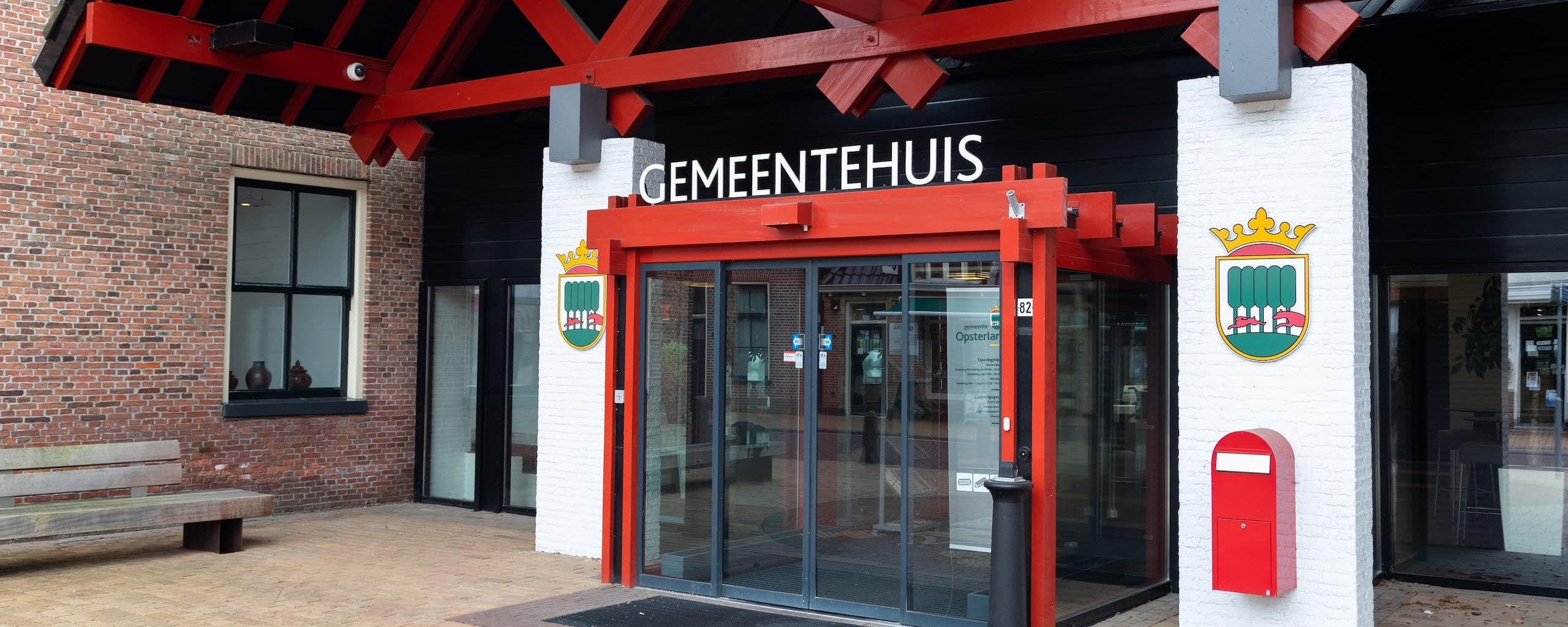Privacy and cookie statement of the Municipality of Opsterland
The municipality of Opsterland considers the secure processing of your personal data very important. Privacy is a fundamental right and protecting privacy is very important for citizens' trust in the municipality. With the advent of the General Data Protection Regulation (AVG), the rules for processing personal data have been tightened. Below you will find information on how the municipality of Opsterland handles your personal data.
Contacting the Data Protection Officer
If you have any questions about the use of your personal data by the Municipality of Opsterland, you may contact the Data Protection Officer of the Municipality of Opsterland. You can do this by sending an e-mail to the following e-mail address:

Your privacy is important to us
The Municipality of Opsterland is committed to protecting your personal data. Privacy is a fundamental right. The careful handling of personal data preserves and strengthens residents' trust in the municipality.
The General Data Protection Regulation (AVG) sets clear rules for processing personal data. This statement tells you how we handle your personal data.
What are "personal data"?
Personal data are data that tell you something about you, for example:
- Your name, address and date of birth;
- Your phone number and e-mail address;
- your citizen service number (bsn);
- data about your health.
What do we mean by processing:
Anything we do with your personal data is called processing. This may include:
- collect personal data;
- store personal data;
- personal data use;
- Share personal data with others (if necessary).
